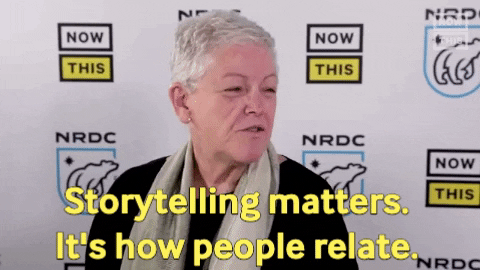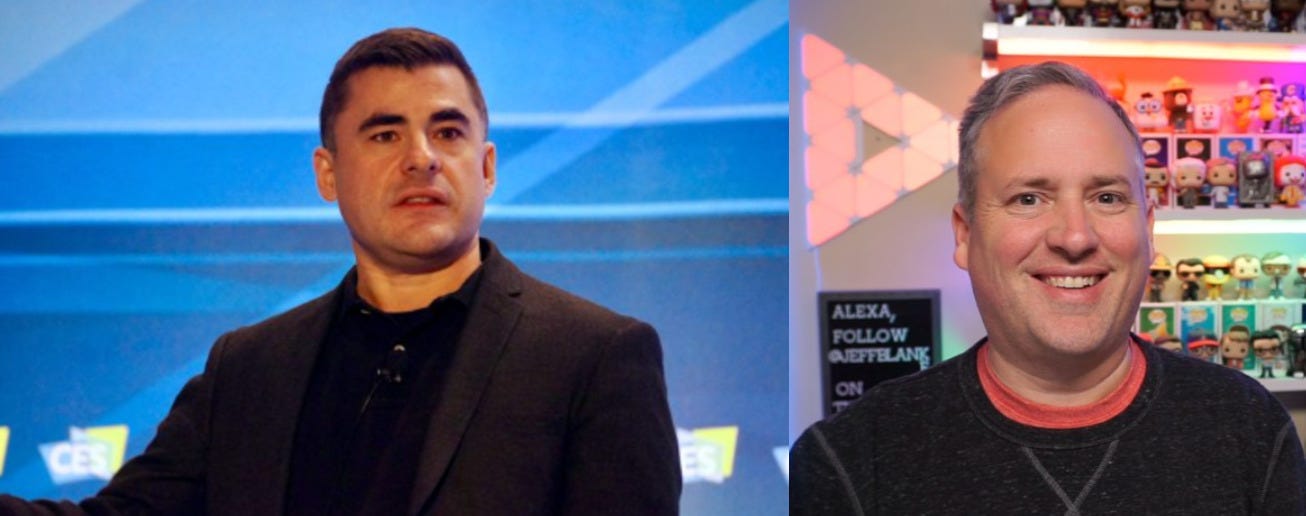Sweet dreams are made of this.
Who am I to disagree?
I travel the world and the seven seas…
everybody's looking for something.
The artist we know today as the incomparable Annie Lennox got off to a bad start.
First, she dropped out of the Royal Academy of Music, lacking the discipline and patience needed to complete her studies.
Then, her band The Tourists broke up after their albums released in the late 70’s failed to break through and match results with their early hype.
Then, she broke up with her boyfriend and musical counterpart Dave Stewart.
She then started an experimental pop duo, with Stewart, called The Eurythmics. The Eurythmics’ first album then completely failed, selling poorly.
The band then needed a bank loan to purchase equipment in an effort to avoid expensive studio time and give themselves greater creative freedom.
During this time, Lennox suffered a nervous breakdown, while Stewart punctured a lung while driving high on drugs and was fortunate to survive.
The band released their second album, sharing the same name as its title track Sweet Dreams (Are Made of This), and enjoyed breakthrough success that catapulted them to international fame.
But even that was initially in peril when the band’s label, RCA Records, denied the band promotion and other marketing considerations, saying the song “didn’t have a chorus” and wasn’t worthy of backing.
It took a lone DJ in Cleveland, who took a liking to the song and played it repeatedly only to have more and more requests for the song flood in, to demonstrate to RCA they got it wrong and the Eurythmics were onto something with the tune.
There is a difference between sales, marketing, and evangelism.
All three exist to increase top-line revenue, but work in different ways to accomplish the goal:
Sales: driving revenue by relentlessly pursuing qualified sales leads provided to them and converting them into paid customers
Marketing: driving revenue by replenishing reservoirs of qualified sales leads for the sales team to then pursue
Evangelism: driving revenue by altering perception of the company and its offerings through a mix of authenticity and customer advocacy
As if these tasks aren’t hard enough, the high-velocity realm of AI presents three additional challenges:
AI’s current ambiguity around ethics, compliance, and regulation demand a level of authenticity and trustworthiness from vendors that many simply can’t meet. Many sales and marketing professionals have no idea how to deal with this challenge and, upon doing the types of things they’ve always done perhaps in previous organizations in more mature industries, fail.
The media’s fixation on big tech provides additional incentive for smaller AI companies to focus on very specific sub-domains where larger organizations lack the financial incentive to achieve similar depth. This is why we have a voice AI for auto repair shops, conversational AI for hedge funds, and AI-driven avatars for content creators, for example. Marketing efforts for the conqueror of a particular niche is altogether different than other types of marketing.
There aren’t that many good storytellers in corporate marketing to begin with, but to find them in the AI universe is extremely rare. The challenge of weaving a memorable, differentiated company narrative amidst such a chaotic and ever-changing tech environment requires a loyal, dedicated expert who’s equally conversant in AI and well-networked across both partners and competitors. Those, by and large, don’t exist. Thus, you see many smaller companies simply get ignored, not knowing how to win hearts and minds, or even how to try.
If sales and marketing are more difficult in AI than in other fields, and there’s lack of clarity around the impact regulation will have, what you need is a Chief Evangelist.
Someone with unimpeachable trustworthiness not usually associated with salespeople or marketers. And someone with storytelling capability at an executive level.
Probably the greatest example of the success a Chief Evangelist brings is Amazon itself. Dave Isbitski, as Alexa’s Chief Evangelist, brought trust and goodwill to a company not normally associated with those terms, and Jeff Blankenburg then carried the torch for Alexa as Chief Evangelist and grew Alexa’s sphere of influence further.
The result of the work of both of these individuals was to inspire confidence in the Alexa ecosystem that it had no business having.
It’s not enough for conversational AI companies to just have sales and marketing. You need the storytelling, the advocacy, the influence that usually sits just outside these roles, and all the better if they’re all wrapped up in the same person.
Every venture-backed conversational AI startup with 25 FTEs or more should have a Chief Evangelist.
I’m spending an increased amount of time over the rest of 2023 doing private VIP dinners introducing companies in the Project Voice network to organizations seeking conversational AI vendors, along with other similar types of closed-door small meetings. Additionally, we are doing our share of turnkey webinars where we literally create a webinar, set everything up online for it, promote it to our 50k followers, and then simply hand you a registrant list and audio/video files afterward. These services provide significant value and are only provided to sponsors of our annual conference, but if of potential fit for your organization, reach out.








